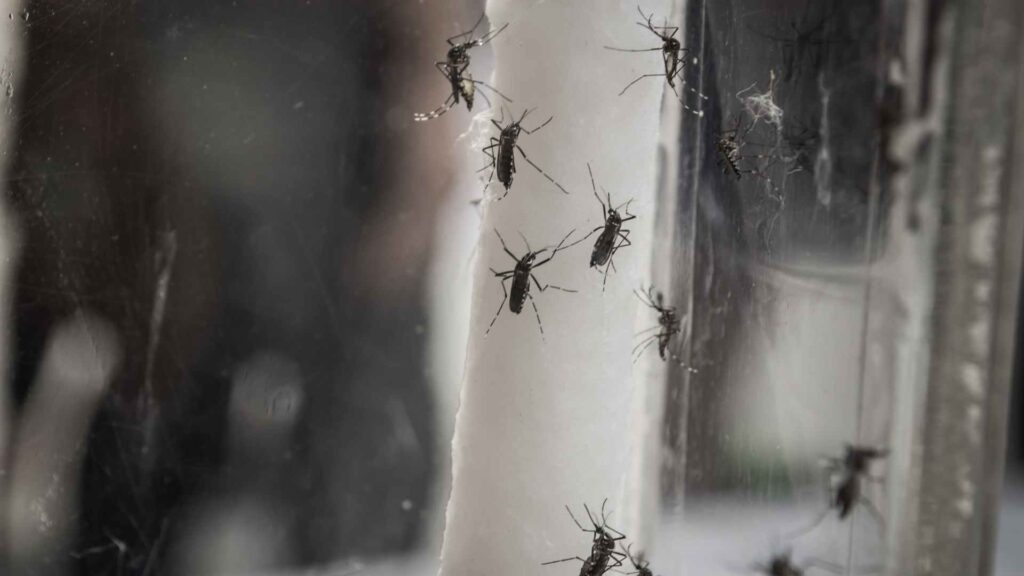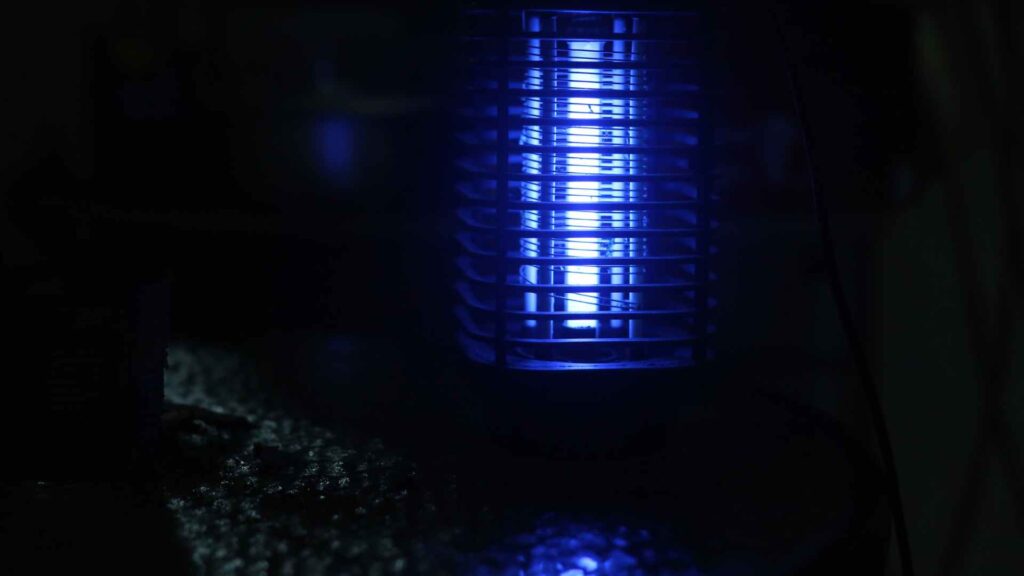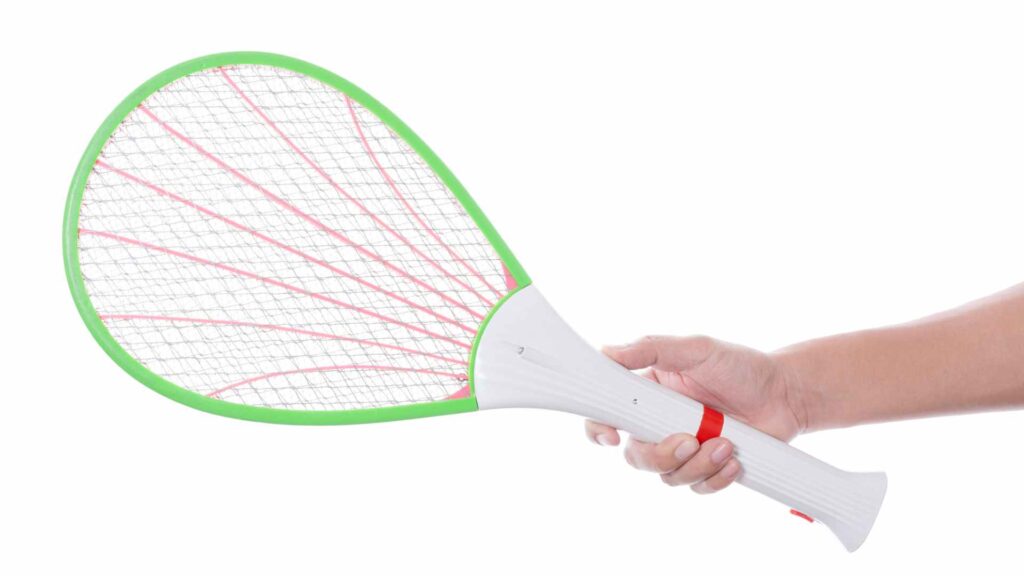Table Of Content
ToggleSummer nights. A gentle breeze. The perfect moment to relax on the porch… except for the unwelcome buzzing of mosquitoes. We’ve all swatted at these pesky insects, but have you ever wondered: are they drawn to the warm glow of your porch light? Is it a beacon in the darkness, or does it confuse them more than attract them?
Dive in with us as we explore the truth about mosquitoes and light, and learn how to keep your evenings bite-free.
Mosquitoes are most active under specific conditions:

It’s a common belief that mosquitoes swarm towards light sources. While they may be present around lights, the truth is more nuanced. Here’s why:
Common Misconceptions: Mosquitoes aren’t solely attracted to light. They primarily locate hosts by detecting carbon dioxide (CO2) we exhale, along with body heat and lactic acid.
Scientific Studies: Research suggests some mosquito species might be drawn to certain light wavelengths, but it’s not a universal rule. Day-biting mosquitoes may find some light spectra attractive, while night-biting ones might be repelled by specific wavelengths, particularly ultraviolet (UV) light.
Let’s see how different lights stack up:
Say goodbye to pests for good. Book your fumigation session now!
Many insects, including mosquitoes, exhibit phototaxis – the tendency to move towards or away from light. The specific light wavelengths play a key role.
Here’s the breakdown:

Knowing how mosquitoes perceive light can be a powerful tool:
Looking for a pest-free home? Reach out to our experts today!
Light management is just one piece of the puzzle. Here are additional strategies to fight the bite:

While all the methods mentioned above can be helpful, the most effective approach to mosquito control is a multi-pronged attack that disrupts their entire lifecycle:
In2Care Mosquito Stations are a relatively new technology, but they offer a targeted and long-term solution when combined with other methods:
You can contact us to get rid of your mosquito problems using in2care.
Secure your home with the right pest control plan. Find out how.
Mosquitoes aren’t simply drawn to light, but their response depends on the light source. As a pest control expert, I can tell, by understanding their behavior and implementing a combination of strategies like light management, repellents, and environmental modifications, you can create a more mosquito-free zone.
Remember, an integrated approach is key to winning the battle against mosquitoes. Implement these strategies to minimize mosquito attraction, reclaim your outdoor space, and enjoy a bite-free summer.
No, keeping the light on does not keep mosquitoes away. While some people believe that light might deter mosquitoes, it often has little effect.
Yes, mosquitoes are attracted to light at night. They are drawn to certain types of light, especially ultraviolet light, which is why bug zappers are effective.
To get a mosquito out of your room, you can use a combination of methods. Try turning off all lights except one to attract it, then use a fly swatter or a rolled-up newspaper to catch it. Additionally, using a fan to create air movement or an insect repellent spray can help drive mosquitoes out.
Mosquitoes are most attracted to carbon dioxide, body heat, and certain body odors. They are particularly drawn to the carbon dioxide we exhale, warmth, and compounds found in sweat.
Your trusted pest control experts in Southern California. Keeping your neighborhood pest-free!